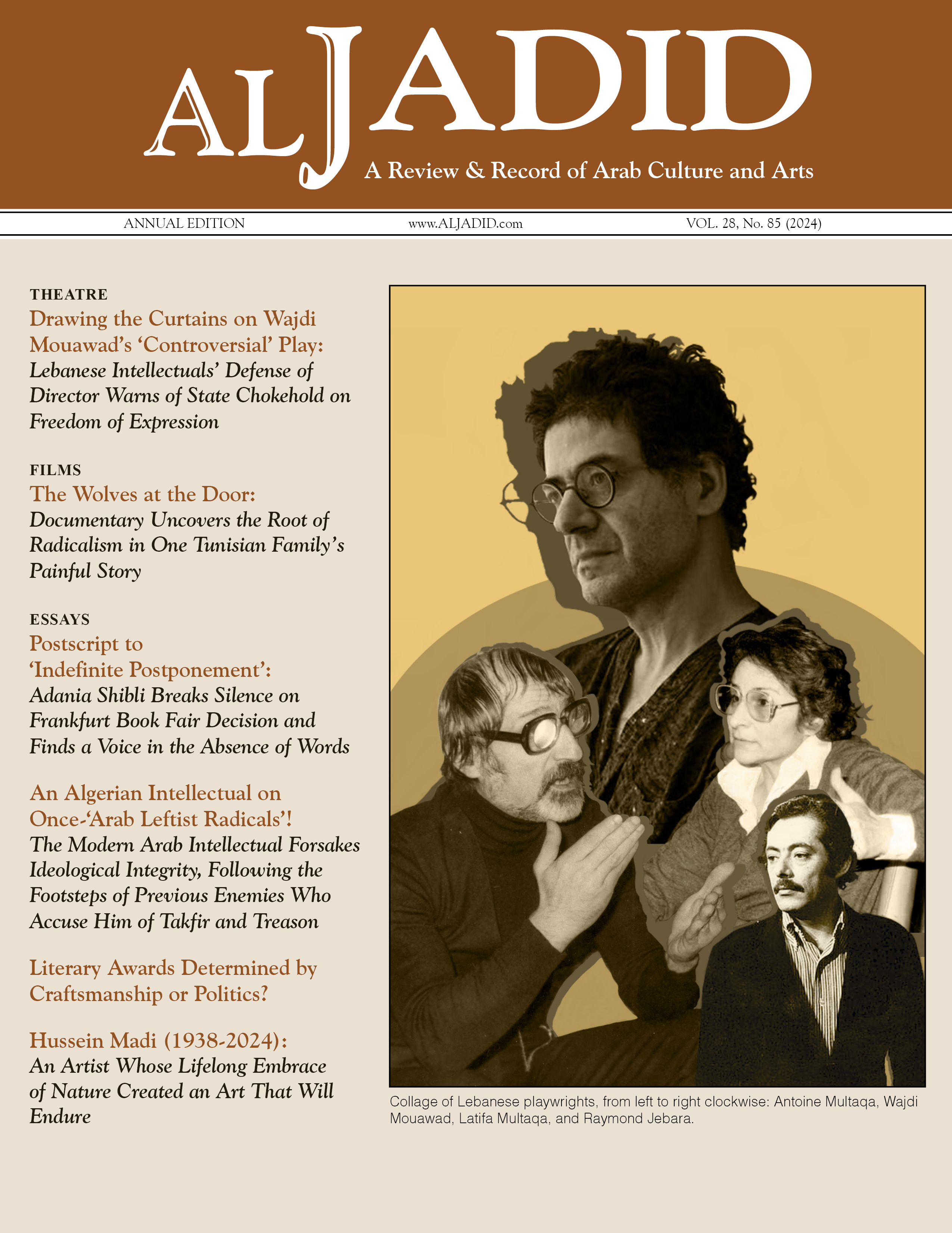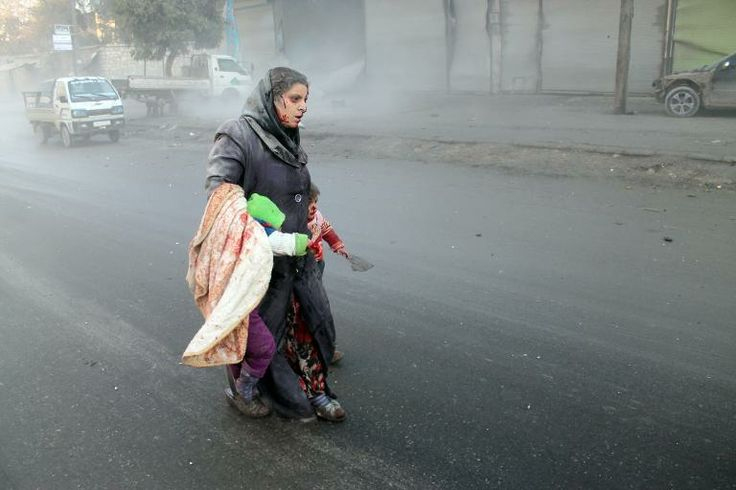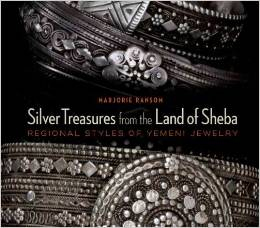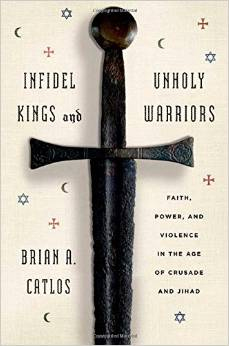Life from Beneath The Knife
Translating Syria’s Foremost Playwright to the New York Stage
Lebanon and Algeria: Collective Memory and Cultural Trauma
Twisted Logic: The Younan Sisters and Julia Boutros Sing the Same Deceptive Tune
Round Rumps, Clapping Feet and Other Polite Profanities
By Lynne Rogers
Leg Over Leg, Volume One & Volume Two
By Ahmad Faris Al-Shidyaq, edited and translated by Humphrey Davies
New York University Press, 2013
If you happen to have an Arab literary scholar, a linguist or an Arab comedian on your gift list this year, I suggest Humphrey Davies’ bilingual translation of “Leg Over Leg or Turtle in the Tree concerning the Fariyaq What ma
Section
Confronting the Past: The Lebanese War, Diaspora, and Redemption
By D.W. Aossey
Other Lives
By Iman Humaydan, translated by Michelle Hartman
Interlink Publishing Group, Incorporated, 2014
Those who lived through war, directly or indirectly, as well as those interested in the human psyche and how it is fractured by such upheavals, will appreciate the novel “Other Lives,” by Iman Humaydan.
Section
The Art and Culture of Yemeni Silversmithing and Crafts
By Alyssa Wood
Silver Treasures from the Land of Sheba: Regional Yemeni Jewelry
By Marjorie Ransom
The American University in Cairo Press, 2014
With more than 300 color plates, this lavishly illustrated tome offers a wonderful introduction to Yemeni crafts, touching on embroide
Medieval Mediterranean History: Putting Religion in its Place
By Bobby Gulshan
Infidel Kings and Unholy Warriors
By Brian A Catlos
Farra Staruss and Giroux, New York, 2014
Reconstructions of the Middle Ages usually invoke romantic images of brave knights, scheming kings, zealous holy warriors and legendary locales of antique glory.
'Sherazade': Seeking an Arab Identity in 20th Century Paris
By D.W. Aossey
Sherazade
By Leila Sebbar
Interlink Publishing Group, 2014, pp.











